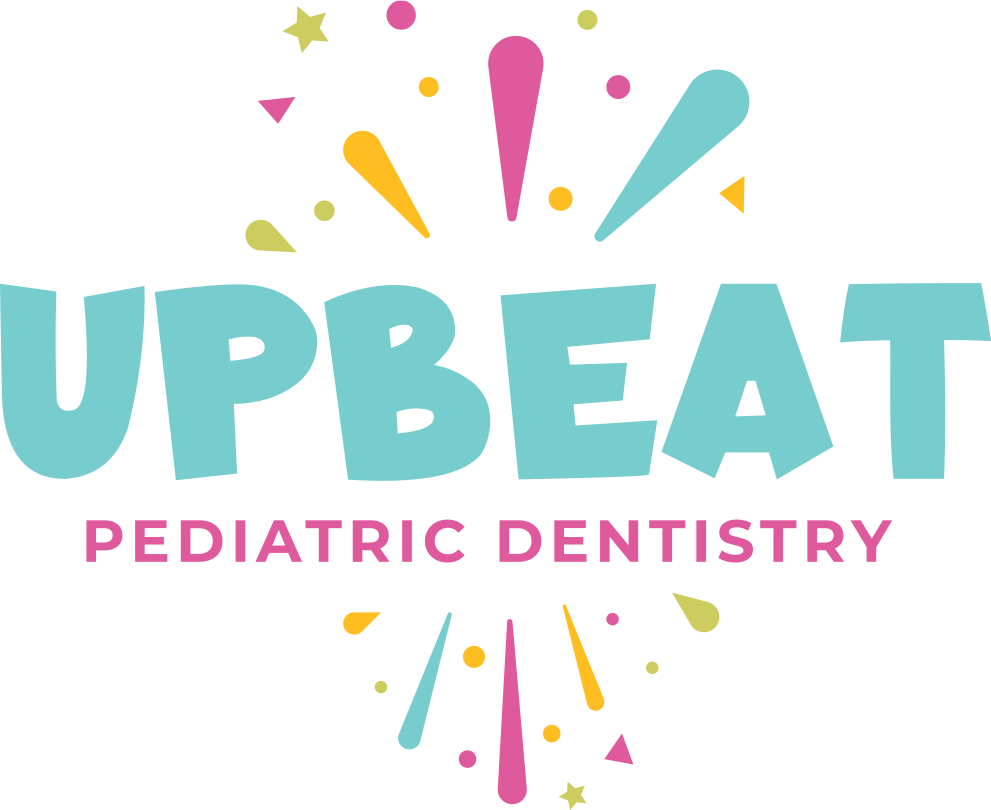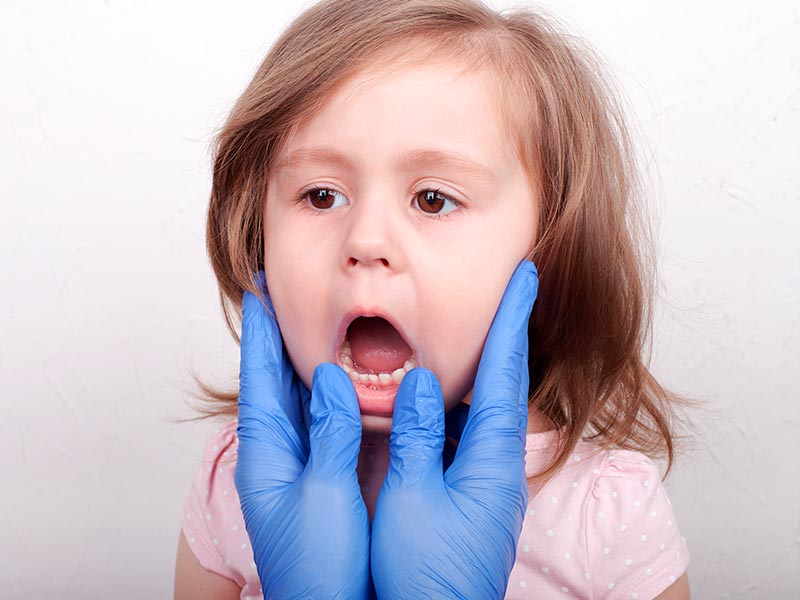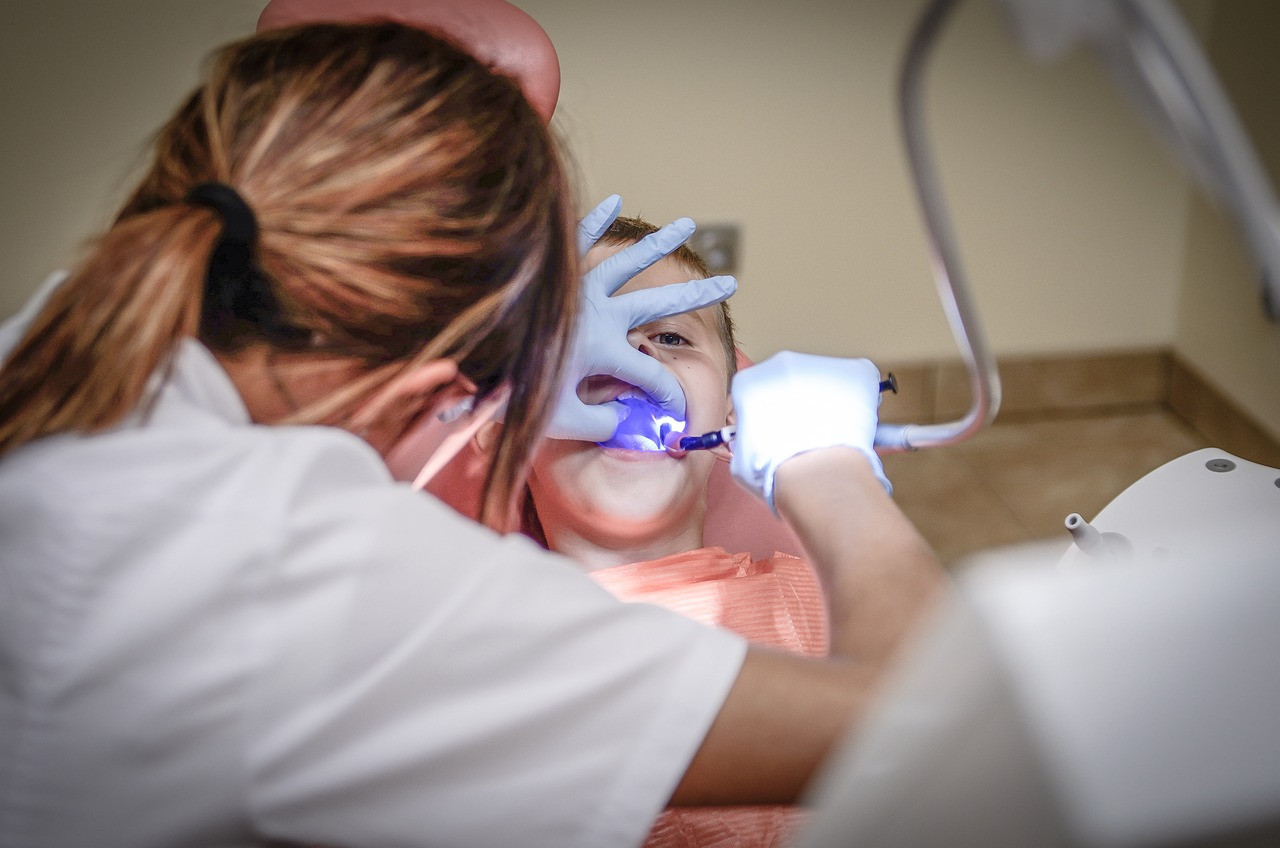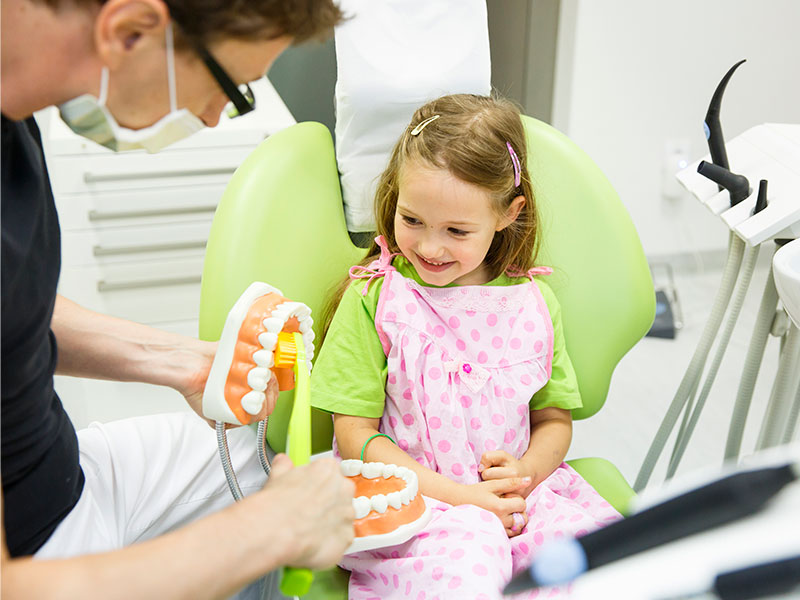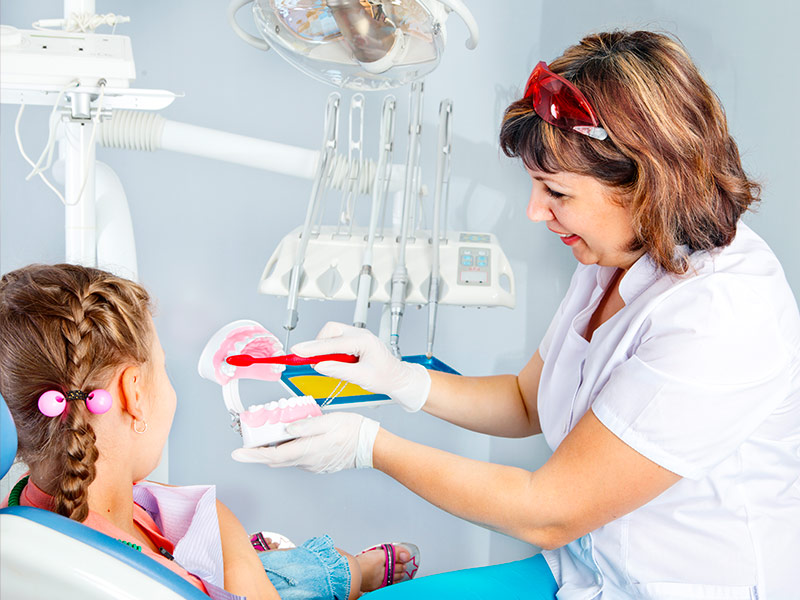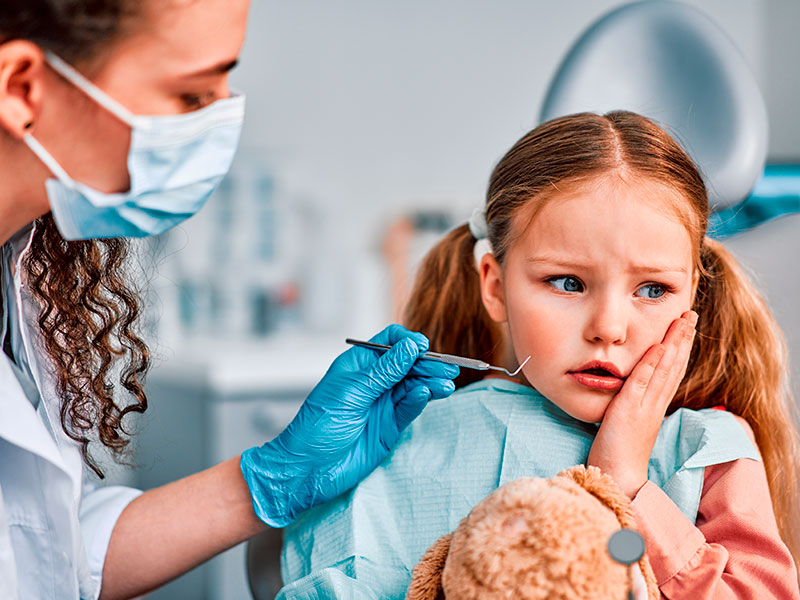Maintaining optimal oral health in children is paramount for their overall well-being. As parents, understanding the common dental diseases that can affect your child is crucial for early detection, prevention, and effective treatment.
Upbeat Pediatric Dentistry is dedicated to providing comprehensive care, and this guide sheds light on some of the most prevalent dental issues in children.
1. Tooth Decay (Cavities)
Tooth decay, or cavities, is one of the most common dental problems in children. It occurs when bacteria in the mouth produce acids that erode the enamel, leading to the formation of cavities. Factors such as poor oral hygiene, sugary diets, and irregular dental check-ups contribute to tooth decay.
Preventive measures like regular dental exams, fluoride treatments, and educating families about the importance of good oral hygiene, is the best way to ensure every child has the oral health they deserve.
2. Gum Disease (Gingivitis)
Gingivitis is characterized by inflammation of the gums. Poor oral hygiene is a leading cause, allowing plaque—a sticky film of bacteria—to accumulate on the teeth. Early signs include red, swollen gums that may bleed during brushing.
Encouraging children to brush and floss regularly, along with professional dental cleanings, helps prevent and manage gingivitis.
3. Malocclusion (Bad Bite)
Malocclusion refers to misalignment or incorrect positioning of teeth when the jaws are closed. This condition can lead to difficulty chewing, speech issues, and, in some cases, jaw pain.
Upbeat Pediatric Dentistry offers interceptive orthodontics to address malocclusion early, guiding proper tooth and jaw development.
4. Tongue Tie
Tongue tie, or ankyloglossia, is a condition where the strip of skin beneath the tongue restricts movement. It can impact breastfeeding and later lead to speech and oral health issues.
Upbeat Pediatric Dentistry’s Tongue Tie Institute, provides specialized care, including laser frenectomy, to address tongue tie in infants and children, promoting proper oral function and development.
5. Bruxism (Teeth Grinding)
Bruxism, or teeth grinding, is common in children, especially during sleep. It can lead to tooth wear, jaw pain, and headaches. Custom mouthguards may be recommended to protect teeth during sleep.
6. Dental Trauma
Accidents and injuries can result in dental trauma, such as fractured or knocked-out teeth. Timely intervention can significantly impact the outcome.
We offer emergency dentistry services, ensuring prompt and specialized care to address dental injuries in children.
7. Tooth Sensitivity
Tooth sensitivity, often caused by thinning enamel or exposed dentin, can lead to discomfort when consuming hot or cold foods. Tailored solutions, like including fluoride treatments and desensitizing toothpaste, can alleviate sensitivity and enhance the overall oral health of children.
Caring for Your Child’s Dental Health
Regular dental check-ups play a pivotal role in preventing and addressing these dental issues. Upbeat Pediatric Dentistry’s child-friendly environment and state-of-the-art technology make dental visits positive experiences for children, fostering a lifelong commitment to oral health.
Empower your child with a healthy smile by partnering with us. Schedule an appointment today to access expert care and personalized guidance in maintaining optimal oral health. Together, we can ensure your child’s journey to a disease-free, confident smile.
